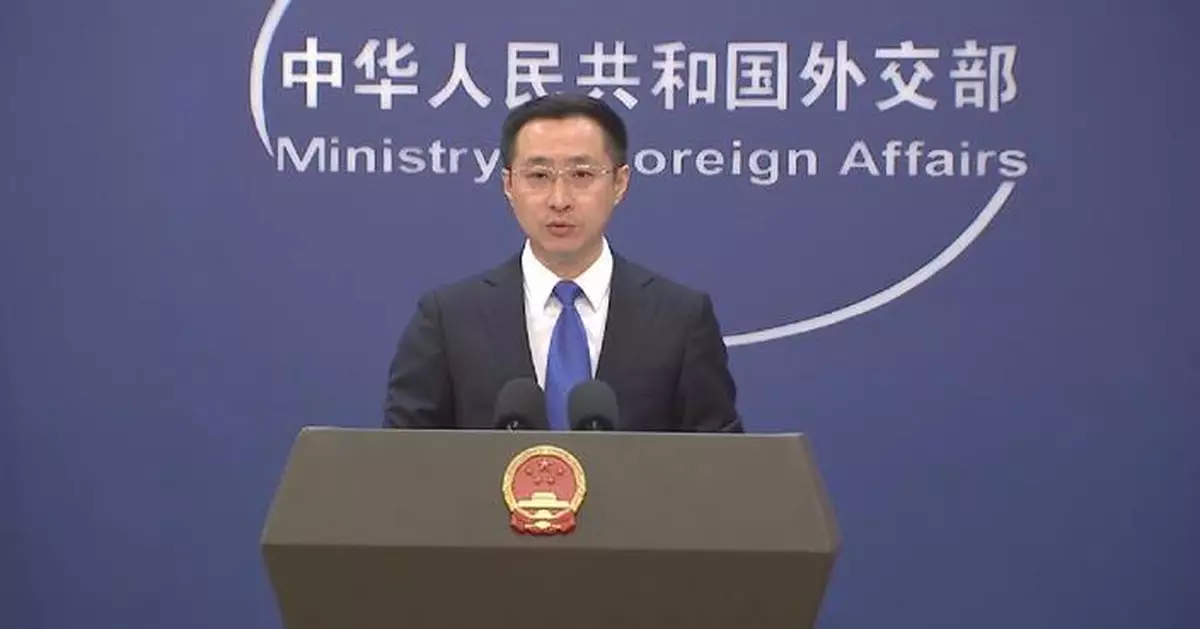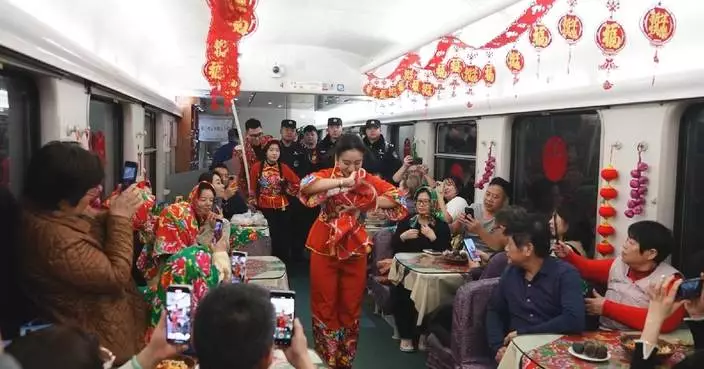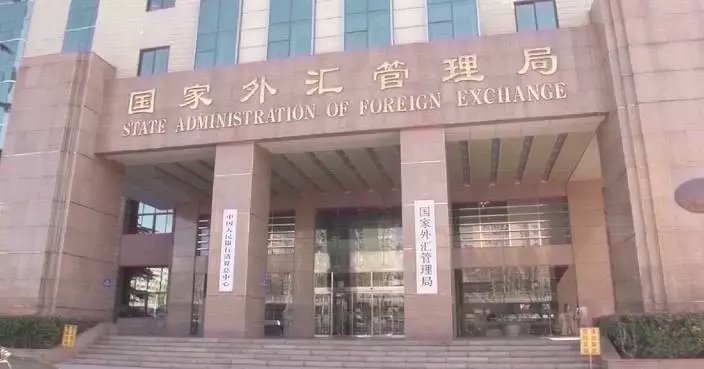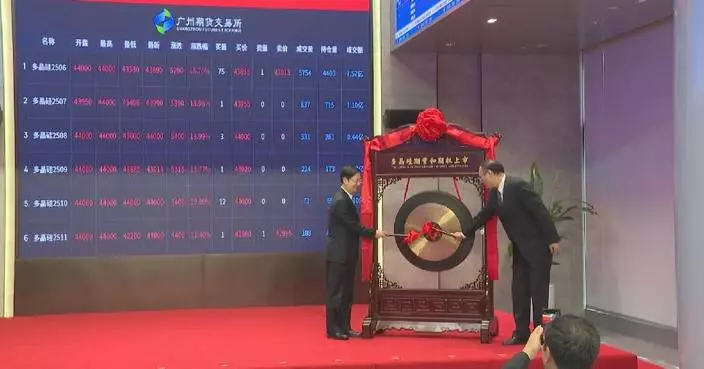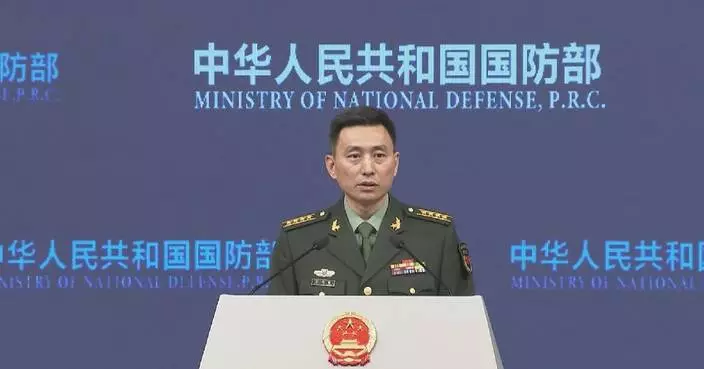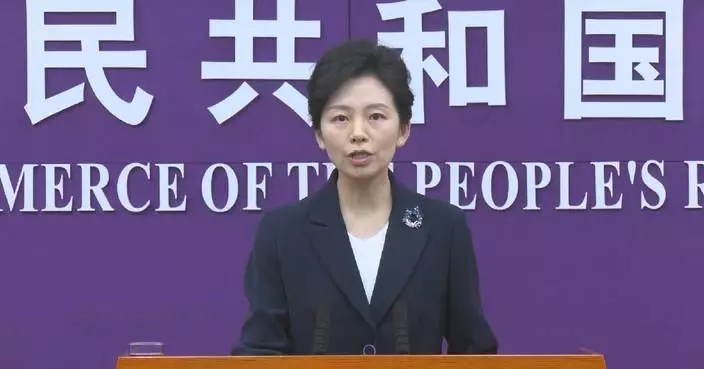China has made a potent rebuttal of the Western allegation of "forced labor" in northwest China's Xinjiang Uygur Autonomous Region, stressing that machine harvesting rates in the region have exceeded 90 percent for tomatoes and 85 percent for cotton, among other highly-mechanized farming produce, according to Chinese Foreign Ministry on Thursday.
At a press conference in Beijing, Foreign Ministry spokesman Lin Jian denounced the "forced labor" allegations made by certain Western media, calling them false smears against products from Xinjiang.
"We have repeatedly emphasized that there is no 'forced labor' in Xinjiang. The Chinese government has always firmly opposed and taken strict action against it. Like Xinjiang cotton, Xinjiang tomatoes are world-famous, high-quality products. The entire production process of these crops, from planting to harvesting, is mostly done by machines, with machine harvesting rates exceeding 90 percent for tomatoes and 85 percent for cotton. So, how can anyone claim there is 'forced labor'?" said Lin.
Over the past few years, similar accusations have been made for attention-grabbing hype and smear purposes, according to Lin.
"In recent years, some with ulterior motives have been using 'forced labor' as a hot topic to grab attention. Batches of so-called 'directors' and 'actors' have appeared, and fake 'testimonies' and 'reports' have been seen frequently. Last week, there was a hyped topic around Xinjiang cotton, and Xinjiang tomatoes this week. Who knows if the next target will be Xinjiang's solar panels, carrots, or even beef and mutton," said Lin.
"Despite the smear campaigns, they cannot change the fact that Xinjiang products are of high quality or disrupt the region's stable and prosperous development. We hoped people to recognize the malicious intentions behind the 'forced labor' lies. We also welcome everyone to visit Xinjiang, taste tomatoes there, experience its way of life, and feel the real Xinjiang for themselves," Lin added.
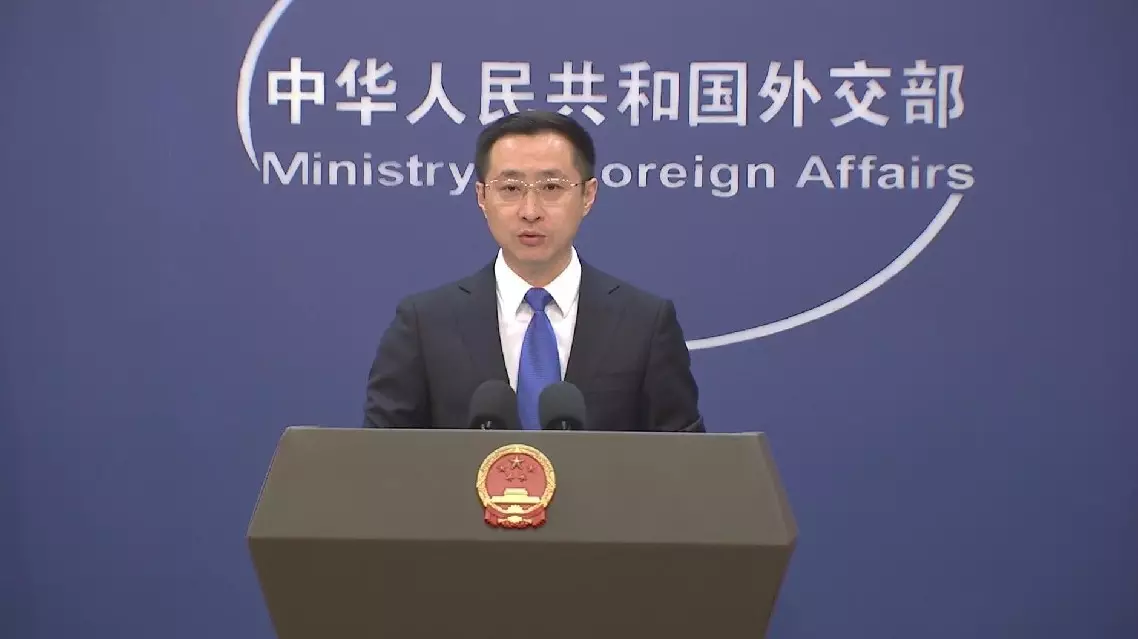
China makes potent rebuttal of Western allegation of "forced labor" in Xinjiang: spokesman


